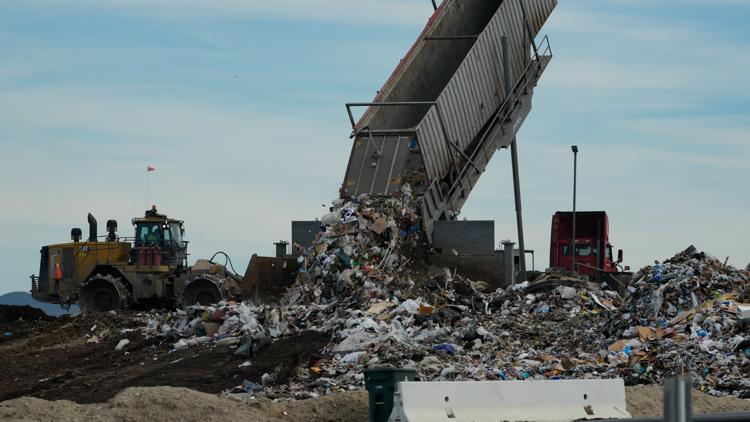The Impact of Food Waste on the Environment

Food waste is a significant contributor to planet-warming methane emissions. It’s crucial to address this issue to reduce the negative impact on our environment. One state leading the way in tackling this problem is Massachusetts.
Kay Masterson, a restaurant owner in Boston, took proactive steps to make her establishment more sustainable by composting food waste before it became law. However, she faced challenges such as high costs and training staff and customers on proper waste disposal.
Massachusetts successfully banned food waste by implementing a robust composting network, strict inspections, and heavy fines for non-compliance. This has resulted in a tangible reduction in methane emissions from landfills.
According to a recent study, other states like California, Connecticut, Rhode Island, and Vermont have struggled to make a significant impact on food waste reduction. Policies alone are not enough; infrastructure, incentives, and enforcement are essential elements for success.
While food waste bans can be effective, they should be part of a comprehensive waste management strategy. States can explore other options like redistributing surplus food and diverting waste to animal feed to further reduce their environmental footprint.
Enforcement and penalties play a crucial role in changing behavior towards food waste. Businesses that refuse to comply must face consequences to drive meaningful change.
Addressing food waste is a complex challenge that requires a multi-faceted approach. By learning from successful initiatives like Massachusetts and implementing effective policies and enforcement measures, we can work towards a more sustainable future for our planet.
Follow Melina Walling on X, formerly known as Twitter, @MelinaWalling.
The Associated Press’ climate and environmental coverage receives financial support from multiple private foundations. AP is solely responsible for all content. Find AP’s standards for working with philanthropies, a list of supporters and funded coverage areas at AP.org.




